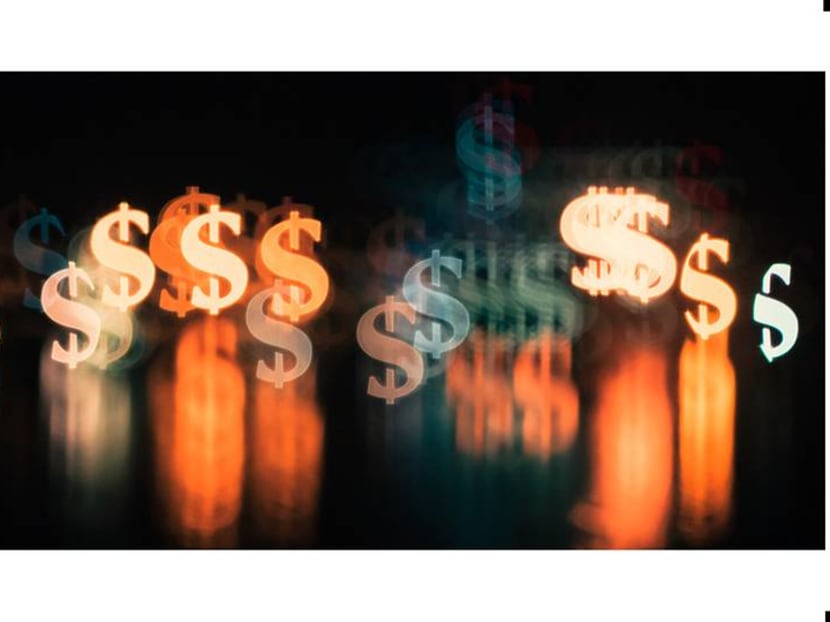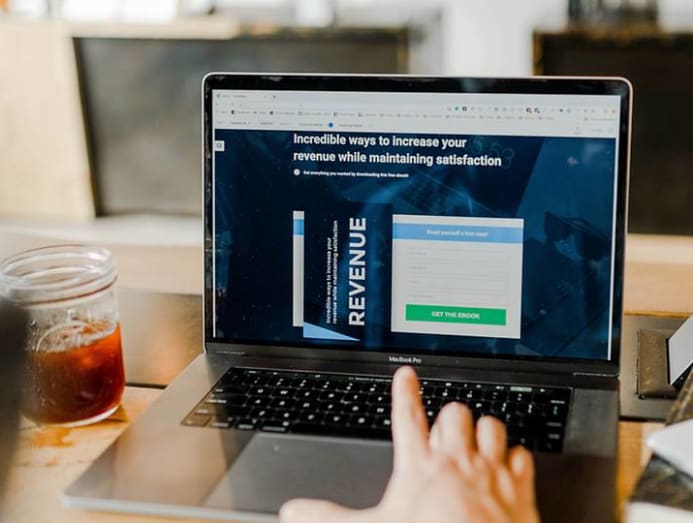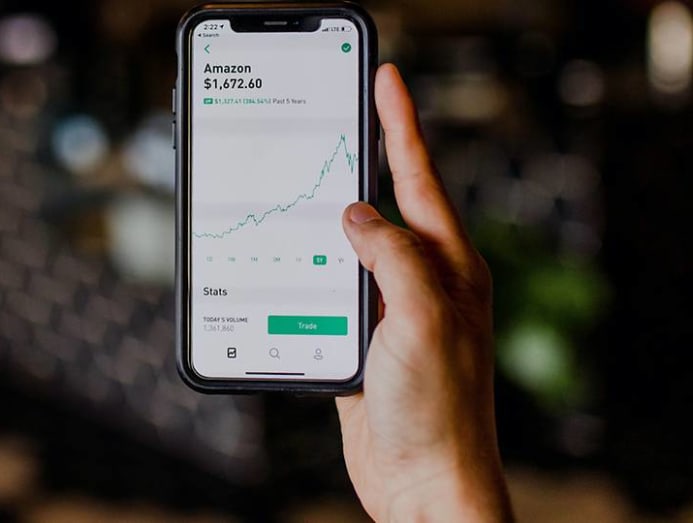How to protect your investments during the COVID-19 pandemic
With a recession looming on the horizon, financial analysts are advising asset diversification, careful capital management and maintaining a long-term outlook.

(Photo: Unsplash/Chronis Yan)
For the first quarter this year, China's gross domestic product (GDP) contracted 6.8 per cent. This is its first contraction in almost 30 years – since 1992, when such readings were first recorded. As one of the two engines of global economic growth, (the other being the US), China’s first quarter GDP reading is seen as an indicator of how deep the impact of COVID-19 can be on the global economy.
READ> Global fashion and luxury sales to drop by more than S$600 billion because of virus
At end-March, Singapore’s Ministry of Trade and Industry (MTI) revised its forecast downwards for the city-state’s GDP, from -0.5 per cent to 1.5 per cent, to -4 per cent to -1 per cent.
In mid-April, the International Monetary Fund (IMF) announced that it expects global growth to come in at -3 per cent in 2020. For ASEAN, it foresees growth in the top five economies (including Singapore) coming in at -1.3 per cent. Its prediction for Singapore's GDP for the year is -3.5 per cent.
How then, should investors prepare to ride out the upcoming recession? CNA Luxury reached out to two investment strategists to get their views.
A DIFFERENT RECESSION

Pan Jingyi, Market Strategist at IG, says that the recession from the COVID-19 pandemic will cut deeper than other recessions, because of how it has paralysed “a good portion of economic activities around the world”. This is unprecedented. The ongoing health crisis contains more uncertainties about the resumption of activities than the 2008 Global Financial Crisis.
Eli Lee, Head of Investment Strategy at Bank of Singapore says the peaking of infection rates is critical in helping investors estimate how long virus-containment measures will be in place. This peak is also necessary before getting more clarity on the timing, scope and pace of the relaxation of containment measures.
His base case is for a very deep but short-lived recession. He expects an extremely sharp recession in the first and second quarters of 2020, followed by a gradual recovery starting in the third quarter.
This base case rests on the premise that containment measures will be lifted by mid-2020. And that wide-ranging monetary and fiscal stimulus measures would protect against long-term economic damage for a time, which would allow a gradual return to economic normalcy starting sometime in Q3 2020.
On the health front, the premise is that the risk of second and subsequent waves of infections are successfully managed by policymakers. This is a downside risk that needs to be monitored carefully.
Lee added that the stimulus measures announced by governments so far will help to offset the effects of sharp shocks to businesses and labour markets for a few months. But he warns that a longer-than-expected slump will lead to a downward spiral of falling corporate earnings, surging unemployment and collapsing consumer demand.
DIVERSIFICATION REMAINS IMPORTANT
According to Pan of IG, investors can protect their investments in this recession by first recognising the impact that it will have on their investments, compared to typical downside events. Diversification and balancing between different sectors will be important – this is regardless of whether there is a recession or not.
Specific to this pandemic, Pan sees different winners and losers from the past. Technology, healthcare companies and consumer staples have bounced back quickly after the initial sell-off. They may remain in favour until the boost from the pandemic fades.
On the asset class that will be worst hit by the recession, she singled out commodities, particularly energy and industrial metals. They have been hit hard during this pandemic as production and economic activities have been disrupted.
When it comes to gold, she said that the yellow metal is “a good hideaway with a few bright spots in the market at present”.
INVESTING IN A VOLATILE ENVIRONMENT

Lee of Bank of Singapore advises that in this volatile environment, careful capital management and a long-term outlook is important.
He says that those who are leveraged should make use of rallies to “de-risk” and build up liquidity buffers. He reminds investors of the adage that the market can stay irrational longer than they can stay solvent.
For non-leveraged investors who are neutral or underweight in terms of their risk exposure, he says it is not practical to try to time the market bottom. He recommends trading up in quality and patiently edging into solid assets that are oversold in terms of fundamental valuations.
He cautions that not everything that has been sold off is cheap, so investors will need to be careful and selective. Many companies will be permanently impaired by the sharp recessionary shock, and some will not survive. He points to the importance of focusing on high quality assets with resilient balance sheets and growth.
Pan of IG echoed this sentiment. She said that quality investing will be a common practice as investors hunt for value in the longer-term; although one needs to be aware of their investment horizon. She foresees the COVID-19 hit reshuffling the fortunes of well-established companies, with varying impact on different sectors.
UNAVOIDABLE BUT NEED NOT BE HAZARDOUS
The recession may be unavoidable, but it need not be hazardous for investors. By keeping time-tested – or more specifically, recession-tested – investment values and practices in mind, investors should be able to ride out this downside event with a certain measure of assurance and hopefully, emerge from it more resilient.
Not unlike what governments around the world are rallying their citizens to do.
Information in this article does not constitute investment advice. Readers should be aware that any investment comes with risk





